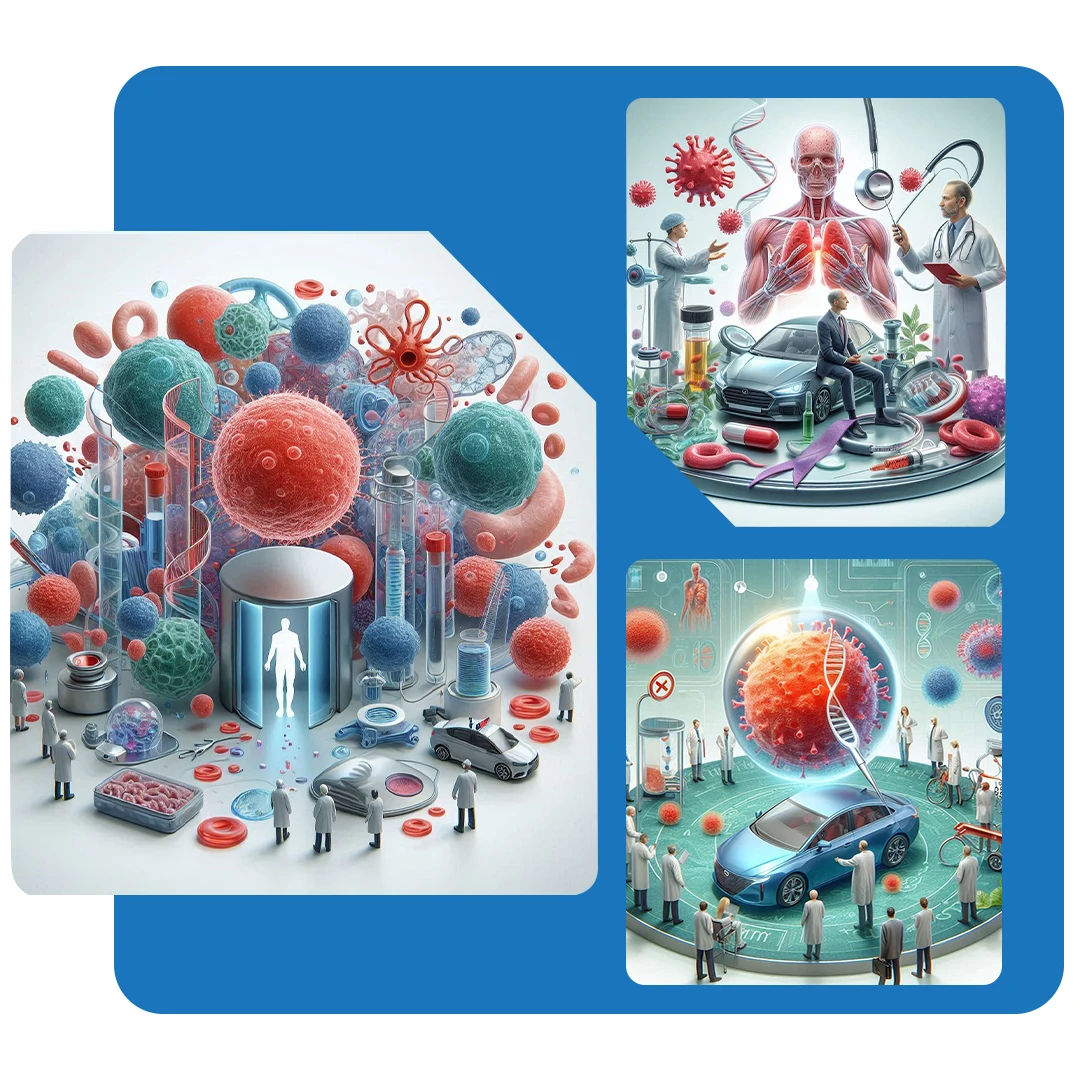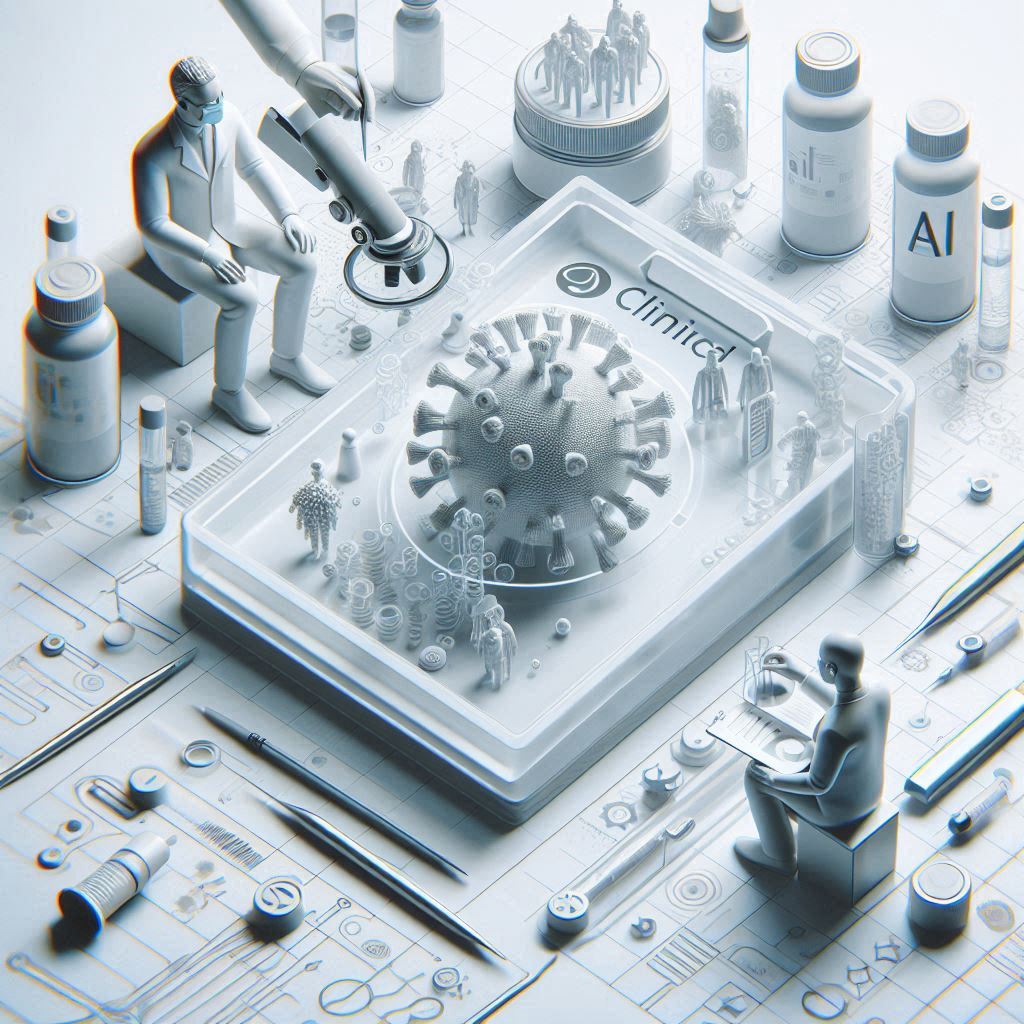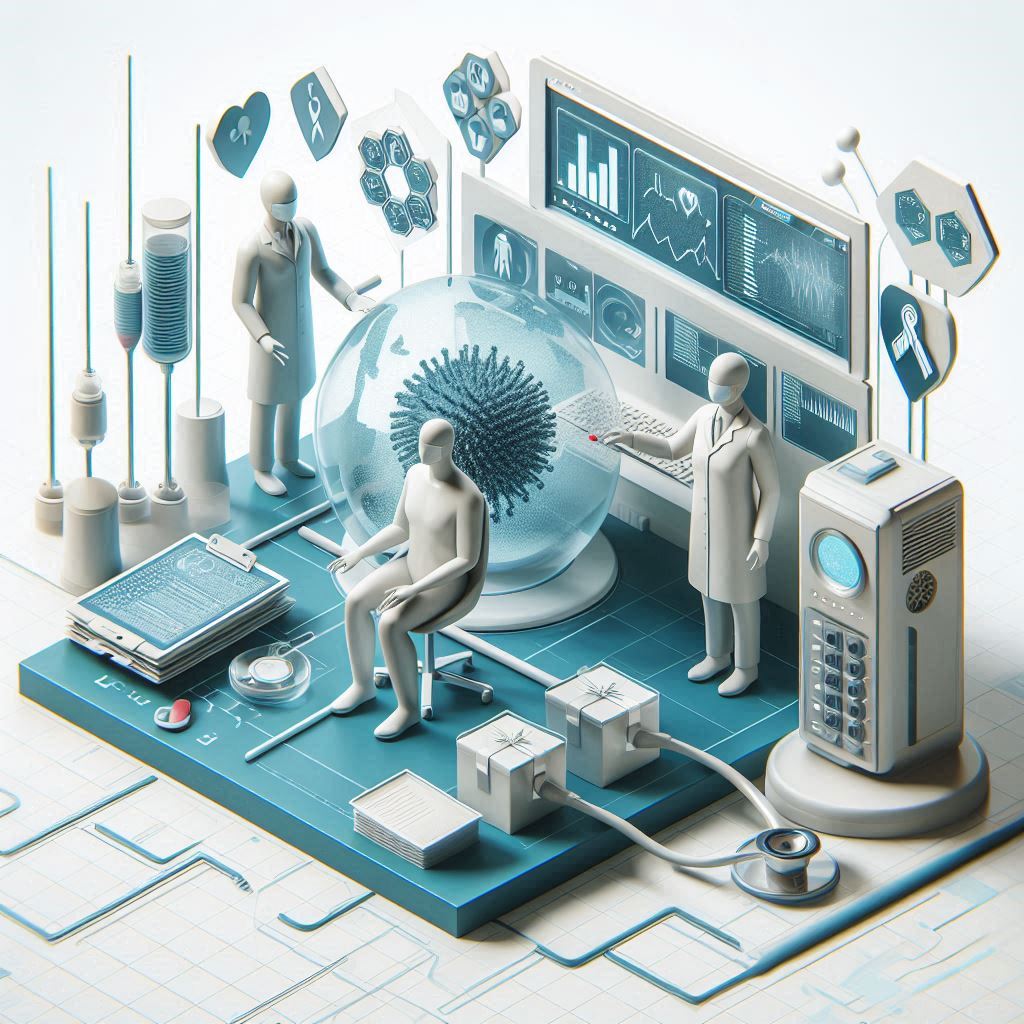
Learn the science, explore the applications, and understand the future of this groundbreaking immunotherapy.
CAR T-cell therapy has emerged as a powerful weapon against certain cancers, offering remarkable results for patients who have exhausted other treatment options.
CAR T-cell therapy is a type of immunotherapy that modifies a patient’s own T cells (a type of white blood cell) to recognize and destroy cancer cells.

Learn the science, explore the applications, and understand the future of this groundbreaking immunotherapy.
CAR T-cell therapy has emerged as a powerful weapon against certain cancers, offering remarkable results for patients who have exhausted other treatment options.
CAR T-cell therapy is a type of immunotherapy that modifies a patient’s own T cells (a type of white blood cell) to recognize and destroy cancer cells.

Here’s a simplified breakdown:
T-Cell Collection: T cells are extracted from the patient’s blood through a process called leukapheresis.
Genetic Modification: In a laboratory, the T cells are genetically engineered to express a chimeric antigen receptor (CAR) on their surface. This CAR is a synthetic molecule that recognizes a specific protein (antigen) found on cancer cells.
CAR T-Cell Expansion: The modified CAR T cells are multiplied in the lab to create millions of cells.
Infusion: The CAR T cells are infused back into the patient’s bloodstream, where they can seek out and destroy cancer cells that express the target antigen.
Key Concepts:
Chimeric Antigen Receptor (CAR): A synthetic receptor that combines an antigen-recognition domain with a T-cell activation domain.
Target Antigen: The protein on cancer cells that the CAR T cells are designed to recognize.
Cytokine Release Syndrome (CRS): A potential side effect caused by the release of cytokines from activated CAR T cells.
Neurotoxicity: Another potential side effect affecting the nervous system.


Current Applications:
CAR T-cell therapy has shown significant success in treating:
Certain types of leukemia (acute lymphoblastic leukemia, ALL)
Lymphoma (diffuse large B-cell lymphoma, DLBCL)
Multiple myeloma

Understanding CAR T-cell therapy is crucial for: